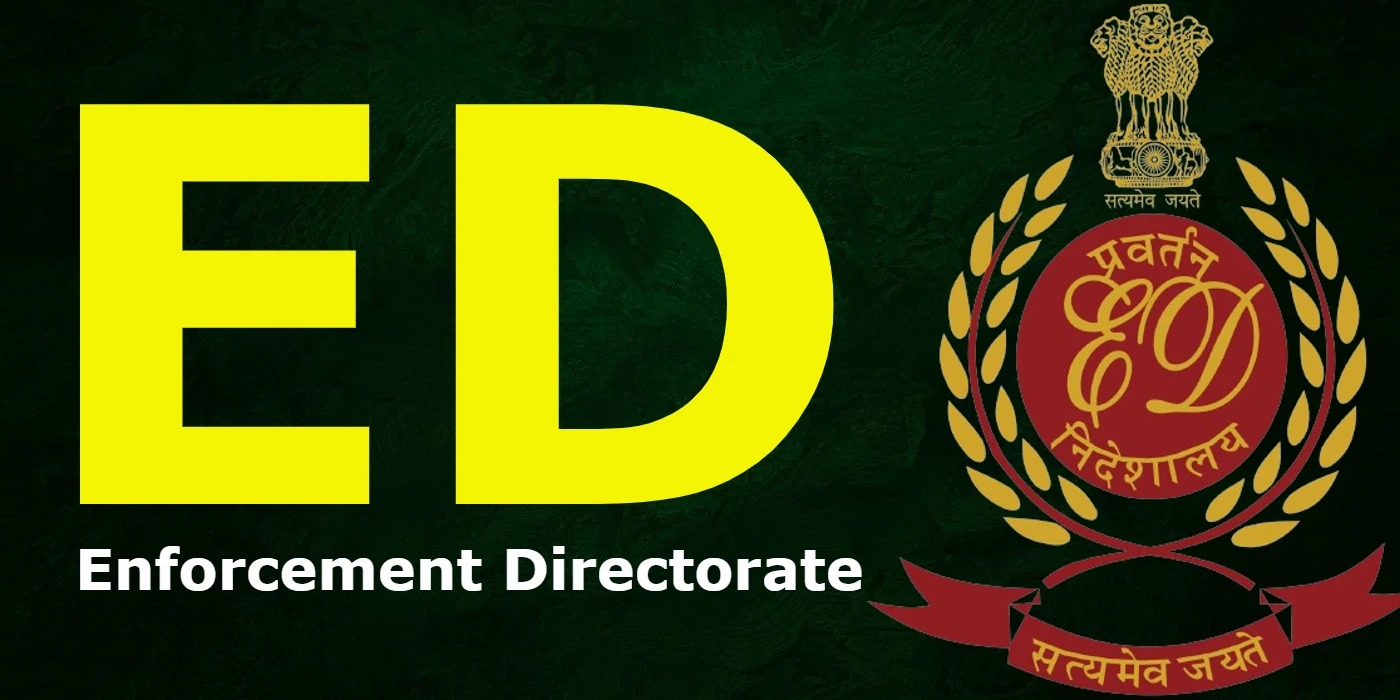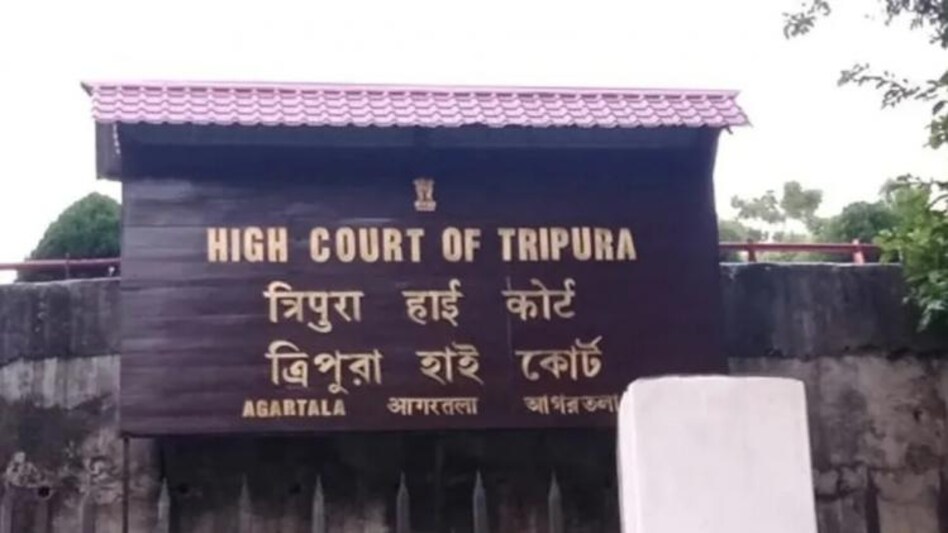Beaumont, C.J.@mdashThis is an appeal by ten persons, who are described as being some of the members of the managing committee of the Cutchi Memon Jamat having their office at Kambekar Street without the Fort of Bombay, and a preliminary objection is taken that they have no right of appeal. The matter originated with a petition by a trustee of a charity created under the will of Abdulla Haji Dawood Bawla in respect of a property situated at Mahim and known as Abdulla Haji Dawood Bawla Sanatorium. According to the petition the trusts of the Sanatorium were for the Cutchi Memon community. The trusts are not confined to the members of that community in any particular locality but extend to the whole community. The petition asks that the Sanatorium may be sold and the proceeds of the sale applied under the directions of the Court. The matter originally came before Kania, J. who made an order for sale, but subsequently some technical difficulty arose and the petition came on again for hearing before B.J. Wadia, J. On the hearing the learned Judge made these observations, which are pertinent to the present preliminary objection:
In my opinion notice should have been given to the beneficiaries directly before the order was made, as certain correspondence had been previously carried on by them with the former Advocate-General. The beneficiaries however are now before the Court through Mr. Osman Sobani, a member of the managing committee of the Cutchi Memon Jamat, who stated that he was authorized by the committee to represent their views before the Court, and the matter was heard de novo before me on an application for a fresh order authorizing the sale.
2. The learned Judge directed the costs of Mr. Sobani to be paid as between attorney and client out of the funds of the charity. There may have been some special reason which induced the learned Judge to make the order which he did, but there can be no doubt about the general practice that the Advocate-General represents the charity. If there is an application by the trustees for a charity for leave to take a particular course, it is sufficient to serve that application on the Advocate-General, who represents all the beneficiaries; and I think the Courts should be very slow to allow any of the beneficiaries to come before the Court and argue the case themselves, and even more slow to allow their costs to be paid out of the charitable estate. Of course, sometimes that course may be necessary, where, for instance, there is a conflict between various beneficiaries and the Advocate-General feels that he cannot represent all parties. But there appears to have been nothing of that sort in this case, and I think the learned Judge was probably wrong in allowing these beneficiaries to appear on this petition. However the question is whether, having regard to the directions given by the learned Judge, the opponents have any right of appeal. In my opinion, the course adopted by the learned Judge really came to no more than this: that he was willing to hear Mr. Sobani on behalf of the managing committee of the Cutch Memon Jamat. He was willing to hear what he had to say in the matter; but I do not think that the learned Judge intended to make him a party respondent to the petition so as to give him any right of appeal against an order made on the petition. Moreover, the persons who are appealing in this case are ten persons, who are members of the community, and the resolution which has been passed by the members of the Cutchi Memon Jamat of Bombay, which represents only part of the community, authorizes those ten persons to appeal, and also to pay their costs out of the funds of the Jamat. One of the ten persons is Mr. Sobani, but the authority is not given to him to appeal though he is the only person who, it might be suggested, was a respondent to the petition. Apart from this technical point, I think the effect of the learned Judge''s order was not to make Mr. Sobani or any member of the community a party respondent to the petition, so as to give him any right of appeal; and I think it would be wrong for this Court to encourage appeals by beneficiaries of charitable funds, when the Advocate-General is before the Court and can appeal if he thinks proper. In my opinion therefore on that ground the appeal should be dismissed with costs. Separate sets of costs. The trustees and the Advocate-General to have their attorney and client''s costs, and any party and party costs not recovered from the appellants from the trust funds.

